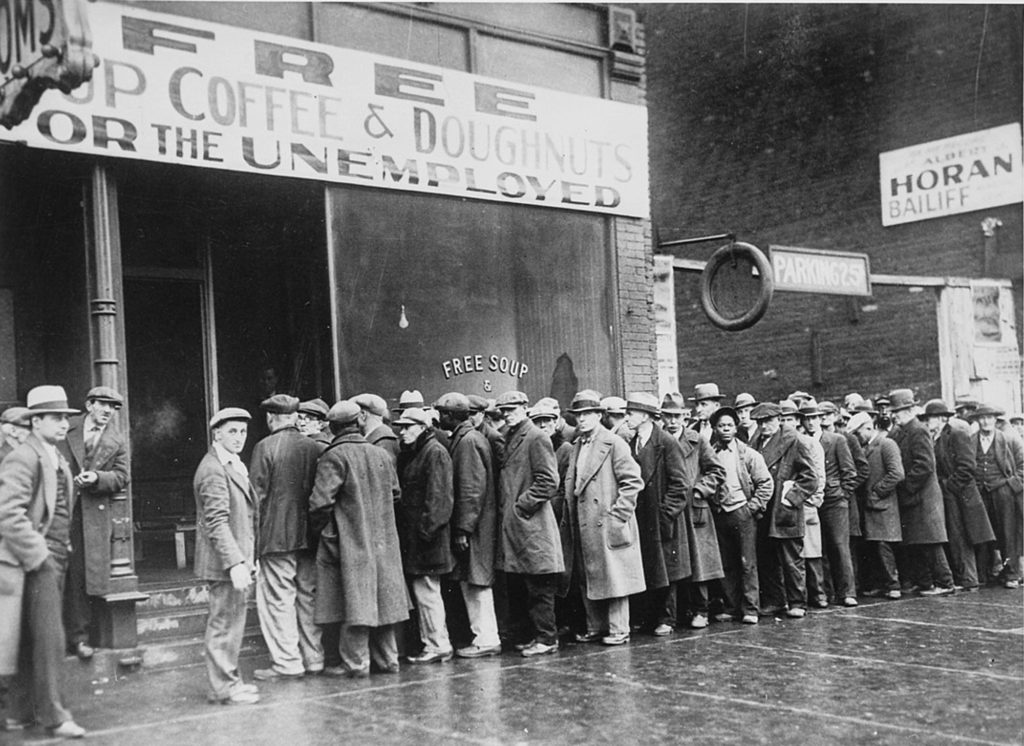By Aidan Cook I
There is no question that the economic impact of the coronavirus pandemic rivals the scale of some of the biggest crises in the history of the United States. As of April 16, over 22 million people in the country have filed for unemployment aid since President Trump declared a national emergency. The public health crisis has caused small businesses to shut down and layoff workers and even large companies have cut back production. These unemployment numbers, continuing to rise as the pandemic approaches its eighth week in the United States, are close to reaching Great Depression levels.

Regardless of how we choose to deal with the economic fallout of the coronavirus pandemic, its effects will be felt far and wide.
Part of what makes this economic downturn different from all others before it is that it is not a consumption problem. Small businesses are not closing because their patrons don’t have enough money to buy products there anymore, but because it is unsafe for them to remain open. This means that while giving every resident a stimulus check, while helpful to many, does not address the root of the problem. Other countries are facing the same economic issues we are, but dealing with them differently. Many European countries (albeit with much higher income taxes) are choosing to pay everyone’s wages until the pandemic ends. While this costs quite a bit, it means that everyone continues to be financially stable and does not create unsafe incentives for citizens to go out to work.
Regardless of how we choose to deal with the economic fallout of the coronavirus pandemic, its effects will be felt far and wide. According to most economists, things are going to get worse, before they will get better. But, by sticking together and unifying, by supporting local businesses, and volunteering to help those in need, we will get through this.
![]()
